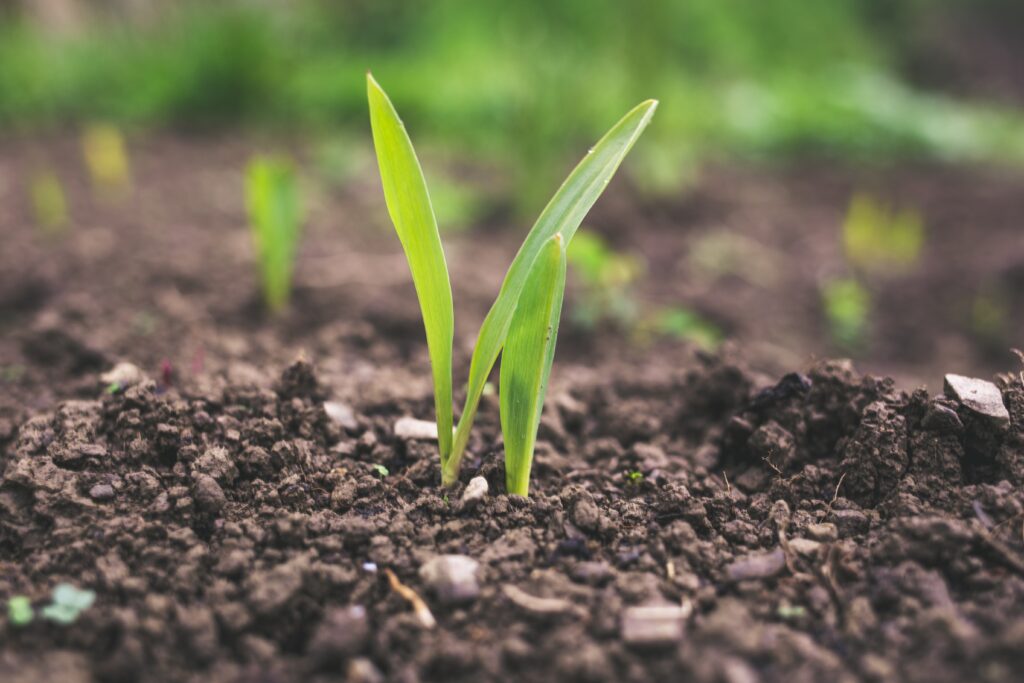Gardening enthusiasts and greenhouse devotees, take note.
Optimal plant growth is more than just having the right accessories in your garden; it’s also about understanding and managing soil pH.
This essential factor can make a world of difference to your plants’ health and yield. In this blog post, we’ll delve deep into the world of soil pH, exploring its role in nurturing thriving plants as well as simple techniques for maintaining the perfect balance in your outdoor oasis.

Key Takeaways
- Soil pH plays a crucial role in determining plant health and nutrient availability. Different plants thrive in different pH levels, so it’s important to research the ideal range for your desired flora.
- You can manage soil pH by testing it with home kits or professional soil tests, then adjusting it using natural amendments like compost, lime or sulfur.
- Compost is an excellent all-purpose amendment that neutralizes acidic soils while improving overall soil structure and fertility. Lime raises the pH levels of acidic soils, while sulphur lowers the pH level of alkaline soils – both options are great for specific crops.
- Maintaining proper soil pH requires regular monitoring to ensure optimal plant growth and bountiful harvests – investing time to understand different plants’ shared requirements will make maintaining green spaces easier and more enjoyable.
Understanding Soil PH And Its Importance For Optimal Plant Growth
Soil pH refers to the level of acidity or alkalinity in the soil, and it has a significant impact on plant growth. Different plants thrive in different pH levels; for instance, blueberries prefer acidic soils with a pH range of 4-5, while most vegetables do well in slightly acidic soils with a pH range between 6-7.
Defining Soil PH And Its Impact On Plants
Soil pH is a measure of the acidity or alkalinity in the soil, and it plays a crucial role in determining plant health. This value ranges from 0 to 14, with 7 being neutral, below 7 being acidic, and above 7 indicating alkaline conditions.
The reason why soil pH matters so much for gardeners is that it directly affects nutrient availability for plants.
The impact of improper soil pH can vary depending on the specific plant species. For instance, some plants thrive in acidic soils (e.g., blueberries), while others prefer more alkaline conditions (e.g., lavender).
If your garden’s pH level diverges from the optimal range for your chosen plants, you may see signs such as yellowing leaves or stunted growth due to nutrient deficiencies.
In extreme cases where pH levels swing too far out of balance – say overly acidic or highly alkaline – it could even lead to root damage or disease susceptibility within your cherished greenery.
Identifying The Ideal PH Range For Different Plants
Knowing the ideal pH range for different plants is crucial to ensuring their optimum growth and health. Generally, most garden plants thrive in a slightly acidic to neutral soil pH of around 6.0 to 7.0.
For instance, acid-loving plants such as rhododendrons, azaleas, and blueberries flourish in soils with a lower pH between 4.5 and 5.5 while other varieties like clematis, lilacs or peonies prefer an alkaline environment around the levels of 7.0 to 8.0 on the contrary; it’s essential that you research your desired flora before tilling your greenhouse or garden beds so as not to create issues down the line! As a gardener, investing time in understanding which plants belong together based on shared pH requirements will make maintaining your green space easier and more enjoyable – this knowledge can even lead to creative combinations of compatible accessories too!
Managing Soil PH In Your Garden
You can easily manage your soil pH in the garden by testing it with home kits or professional soil tests and adjusting it using natural amendments like compost, lime, or sulphur.
Testing Soil PH Using Home Kits Or Professional Soil Tests
Understanding your garden’s soil pH is crucial for optimal plant growth, and the good news is that testing it can be a breeze. Home kits come in handy for this purpose: they are readily available online or from local gardening stores, affordable, and simple to use.
Although home kits provide quick results on your soil’s acidity or alkalinity levels – aiding you in determining which plants will thrive or selecting suitable amendments – some situations call for professional soil tests.
For example, if you’re planning extensive landscaping projects or have encountered persistent issues with plant health despite previous adjustments to pH levels, using the services of dedicated laboratories will yield more accurate results along with recommendations tailored specifically for your garden.
Adjusting Soil PH Using Natural Amendments Like Compost, Lime, Or Sulphur
One way to adjust soil pH in your garden is by using natural amendments such as compost, lime or sulphur. Compost is an excellent option because it not only helps to neutralize acidic soils but also improves overall soil structure and fertility.
Lime, on the other hand, can help raise the pH levels of acidic soils, making them more alkaline.
Sulphur is another great option that lowers the pH level of alkaline soils while providing essential nutrients like calcium and magnesium to your plants. It’s perfect for acid-loving crops like blueberries, azaleas and rhododendrons.
To determine which amendment works best for your particular garden needs, start by testing your soil’s pH levels using a home kit or professional test service before making any adjustments.
Conclusion: Importance Of Maintaining Proper Soil PH For Healthy Plants In Your Garden
In conclusion, maintaining proper soil pH is crucial for healthy plant growth in your garden. By understanding the importance of soil pH and identifying the ideal range for different plants, you can ensure that your garden thrives.
Regularly testing your soil using home kits or professional tests will allow you to adjust the pH with natural amendments such as compost, lime or sulfur. With a little bit of effort, you can create an environment that supports optimal plant growth and yields bountiful harvests.

